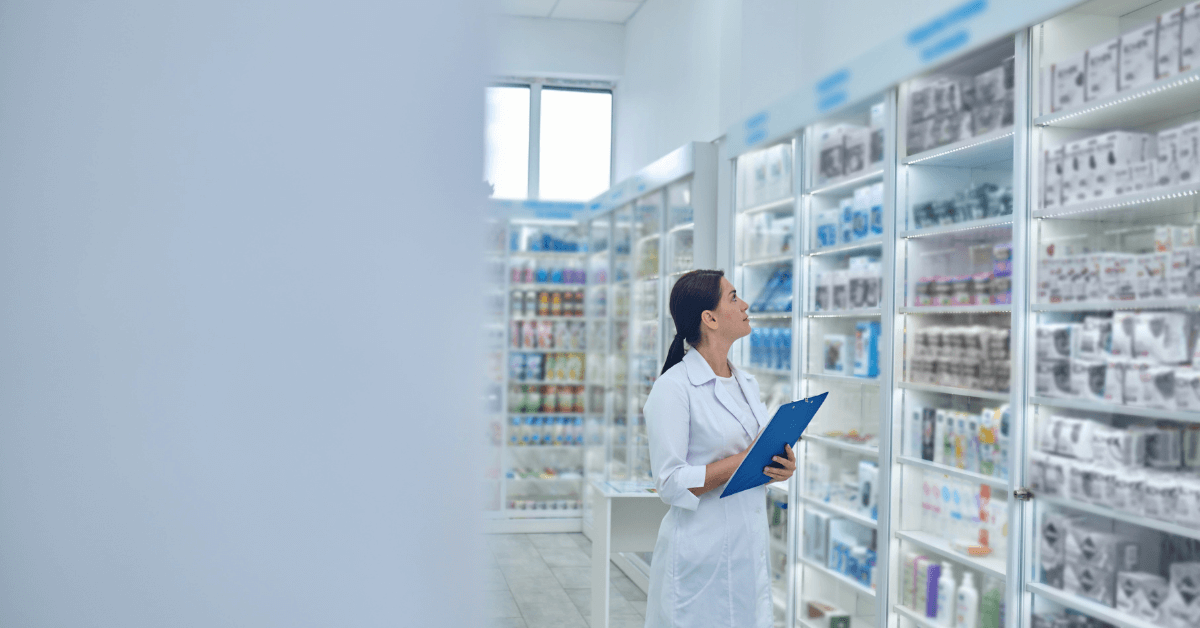Why Patient Safety Should Be a Priority in Healthcare Facilities
Explore the crucial importance of patient safety in healthcare facilities. Learn how prioritizing safety enhances care quality and reduces risks in medical settings.
Healthcare facilities owe it to their patients to prioritize patient safety as part of providing excellent care and trust, which includes secure medication administration through advanced solutions like a lock for medicine cabinet from Digilock and similar solutions.
In this article, we explore why patient safety matters so much, how common challenges that exist within facilities today can impede safety measures, and effective strategies that may improve them in healthcare environments.
The Importance of Patient Safety
Patient safety transcends physical well-being - it plays an integral part in building trust between healthcare providers and patients. When patients feel safe within their care environment, their experience improves dramatically allowing for quicker recoveries with more favorable outcomes and effective recovery plans.
Patient Safety represents healthcare providers' ethical duty of care to prioritize patient well-being and comfort over medical outcomes, creating an atmosphere in which people feel valued and respected; ultimately leading them to greater overall satisfaction with the care experience.
Troubles With Ensuring Patient Safety
Ensuring patient safety poses several complex obstacles for healthcare facilities that must adhere to comprehensive strategies and protocols to achieve maximum efficiency in healthcare environments.
Key difficulties involve mitigating medication errors that have serious repercussions for patient health and safety; effectively controlling infectious diseases requires meticulous hygiene practices as well as infection control protocols to stop their spread within healthcare settings.
Secure storage and access controls for medications are crucial in protecting against theft, misuse, or unwarranted access to pharmaceuticals. Addressing these challenges involves ongoing training of healthcare staff as well as adopting advanced technologies to bolster patient safety measures across every aspect of patient care.
Best Practices for Enhancing Patient Safety
1. Implement Secure Access Control Systems
Implementing secure access control systems is of utmost importance in modern healthcare settings where protecting medications is of primary concern. Locks such as Digilock's medicine cabinet lock offer major advancements in medication security by employing sophisticated mechanisms for controlled access only by those authorized.
Integration of electronic authentication and access logs enhances accountability while mitigating risks associated with unauthorized access or theft, streamlining inventory management by offering real-time visibility into medication usage patterns and access patterns, expeditious stock replenishment processes, and minimizing operational disruptions.
2. Staff Training and Education
Proper staff education and training are integral to providing optimal patient safety within healthcare environments. Healthcare workers must receive thorough education on medication handling protocols, infection control measures, and principles related to patient safety.
Regular training sessions for healthcare staff are crucial in keeping up with evolving best practices and regulatory requirements, helping staff execute their duties competently and confidently while decreasing errors and improving overall care quality. These training sessions allow staff to maintain proficiency while improving the overall patient experience.
3. Regular Audits and Inspections
Routine assessments play a vital part in improving patient safety at healthcare facilities, by helping healthcare providers systematically examine their safety protocols to detect gaps or vulnerabilities that exist within them.
Audits examining various aspects of patient safety such as medication administration, infection control practices, and facility upkeep can provide institutions with opportunities for improvements while mitigating risks effectively. Through in-depth inspections, institutions can pinpoint areas for improvement while taking targeted interventions to combat potential risks effectively.
Read Our In-Depth Guide On: Hospital Management Software
Technological Innovations in Patient Safety
Recent technological developments have revolutionized healthcare settings concerning patient safety measures. Advancements such as smart locks, biometric access systems, and automated medication dispensing systems represent breakthroughs that significantly enhance the accuracy, efficiency, security, and timeliness of care processes for patients.
For example, Digilock medicine cabinet locks feature sophisticated authentication mechanisms which limit medication access solely to authorized personnel thereby decreasing any chance of unauthorized entry or theft.
Biometric access systems enhance security measures further by using unique biological identifiers such as fingerprints or retinal scans to authenticate individuals requesting entry to sensitive areas or medications.
Not only do biometric systems enhance security but they can also cut time off manual access control procedures significantly reducing workload efficiencies while automated medication dispensing systems help ensure safe patient administration by precisely dosing dosage errors while keeping accurate patient records live in real-time.
Conclusion
Prioritizing patient safety in healthcare facilities is more than a legal mandate - it's also an ethical imperative. By employing robust security measures like Digilock medicine cabinet locks to create safer environments for their patients.
Education for staff and adopting innovative technologies are necessary if healthcare facilities want to maintain patient trust through the excellent services they deliver and by prioritizing patient safety they demonstrate commitment and demonstrate they care.

Subscribe & get all related Blog notification.





Post your comment